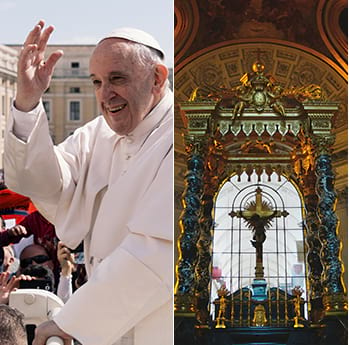Recognition is rarely given to young people’s ability to manage the rapid anthropological change that is occurring. It causes us to experience time as an eternal now and space as something to be navigated, no longer as a path composed of definite rules.[1] However, the digital Argonauts[2] – the new generation whose compasses are their smartphones – know how to live in the age of interconnectivity and transform the desert of opportunity into an oasis. They are self-taught, learn languages, grow up in multicultural societies, and tell their stories through photography and brief messages. For them, the novelty is to experience the web differently than their parents’ generation.[3]
A half-century has passed since 1968. Out of fear of losing the little they have been able to win individually, the youth of the third millennium do not fight together for their civil rights. However, they are anything but passive and deflated. They suffer the exploitation of underpaid jobs and prohibitive rent, yet their silence is a form of resilience, similar to a protective shell. Their generation poses questions to the whole educational and social system: Which destination are they heading in? How to assist them? Is dialogue possible?
The wealth that their age group represents in Italian society – in terms of ideas, vitality, hope and objectives – is unfortunately diminishing: in 1991, there were 26.7 million young people up to the age of 34, that is, 47.1 percent of the population; in 2017, they declined to 20.8 million, 34.3 percent of the population. What changed? And over which subjects can the various generations rediscover each other in order to travel together and pass on the baton?
Eyes that meet: young people and adults
It is necessary to recognize that an analysis of the situation of young people is, in general, biased by the perspective of adults. And what if the young are victims of a narration that is overly affected by fear rather than by hope, that is more inclined to impose than to educate?
Franco Nembrini[4] recalls some ideas about the youth from the ancient world. This is from Socrates in 470 B.C.: “Our youth loves luxury, is ill mannered, mocks authority, and does not have any respect for their elders. Today’s children are tyrants, they do not stand up when an elder enters the room, they talk back to their parents. In a word, they are bad.” Still earlier, in 720 B.C., Hesiod affirms: “There would be no hope for the future of our country if today’s youth were to take power tomorrow, because these youths are unbearable, out of control, terrible.” Finally, of the same tenor is an inscription on a Babylonian vase dated about 3000 B.C.: “The youth are rotten to the depths of their hearts. The youth are malicious and lazy, they will never be like the youth of yesteryear. Those of today will be unable to maintain our culture.”
This article is reserved for paid subscribers. Please subscribe to continue reading this article
Subscribe
Welcome to
La Civiltà Cattolica !
This article is reserved for paid subscribers
Please login or subscribe to continue reading this article
























